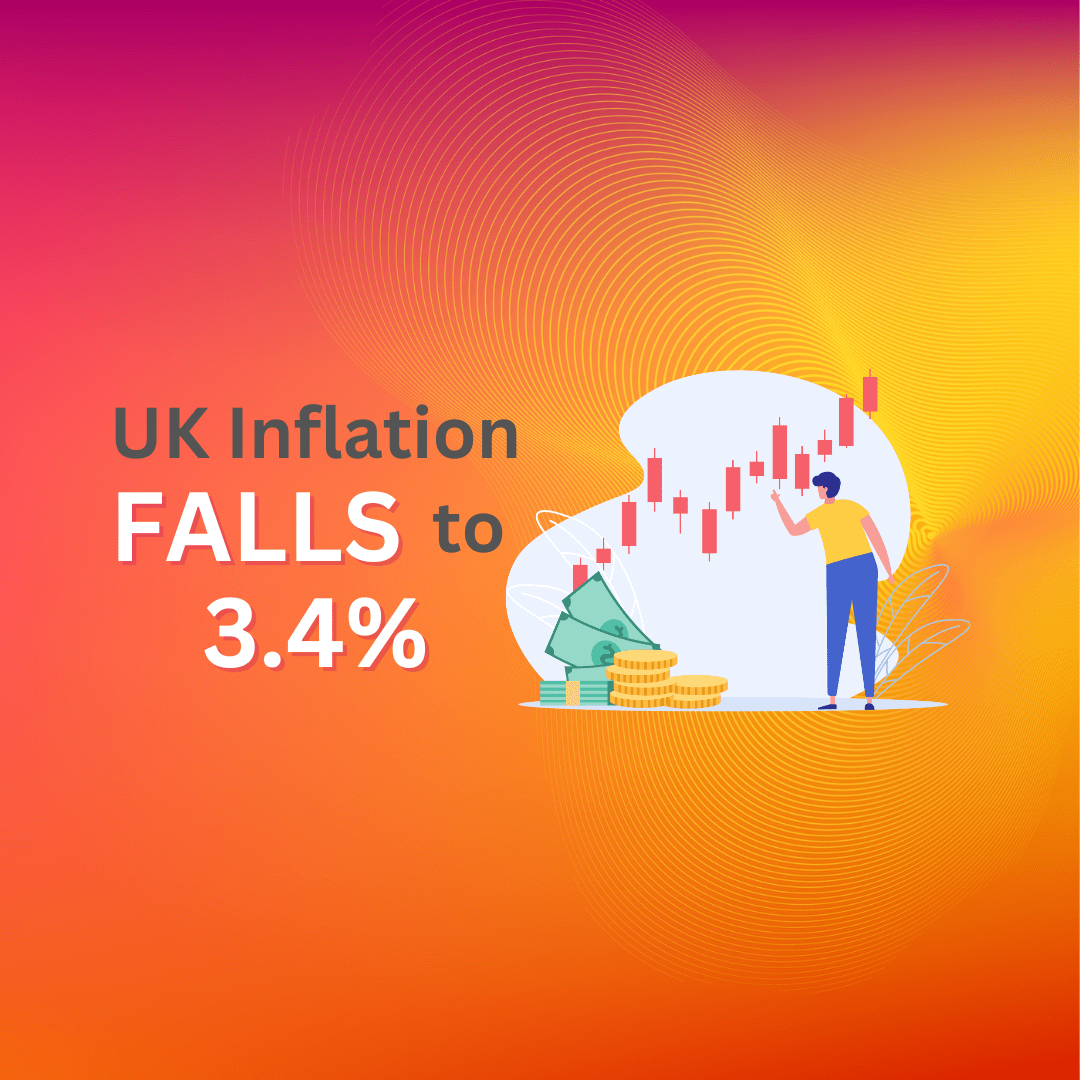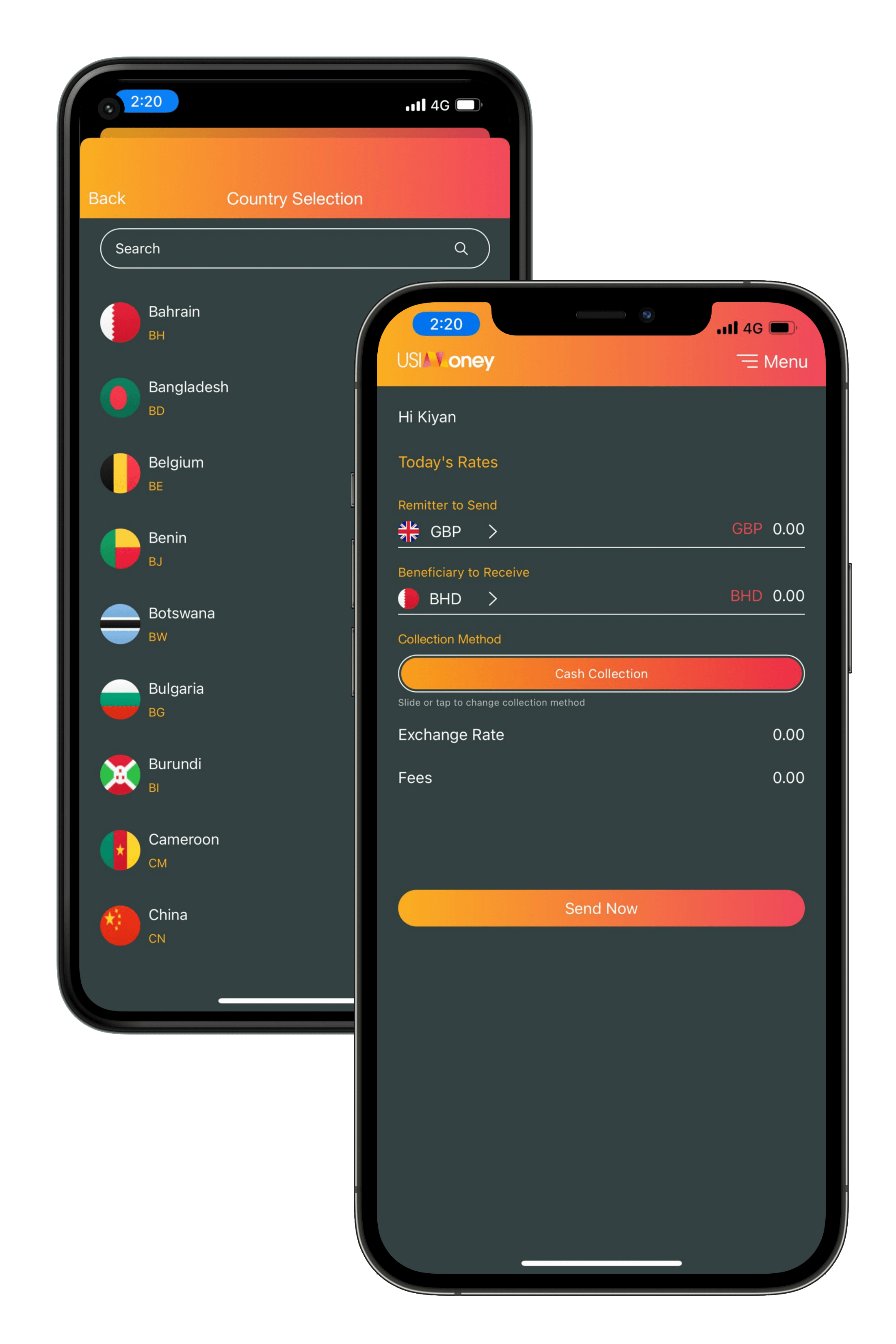
Today, the Bank of England announced a significant development that is likely to bring relief to consumers across the UK: inflation has fallen to 3.4%. This news comes as a welcomed respite amidst concerns over rising living costs and economic uncertainty. In this short blog, we’ll delve into what this decrease in inflation means for individuals, businesses, and the broader economy.
Understanding Inflation:
Before we explore the implications of this announcement, let’s briefly revisit what inflation entails. Inflation refers to the rate at which the general level of prices for goods and services rises, leading to a decrease in the purchasing power of money. Central banks, such as the Bank of England, closely monitor inflation rates as part of their mandate to maintain price stability and support economic growth.
The Significance of a 3.4% Inflation Rate:
A decrease in the inflation rate to 3.4% signifies a slowdown in the pace at which prices are rising. While inflation remains above the Bank of England’s target of 2%, this decline offers a glimmer of hope for consumers grappling with the impact of higher prices on everyday essentials. From groceries to transportation, a lower inflation rate can provide some relief to household budgets stretched thin by cost-of-living pressures.
Implications for Consumers:
For consumers, a decrease in inflation translates to greater purchasing power and improved affordability. With prices rising at a slower rate, individuals may find it easier to maintain their standard of living and allocate their income towards discretionary spending or savings. Additionally, lower inflation can alleviate concerns about wage erosion, as the real value of earnings is preserved more effectively in an environment of subdued price growth.
Boost for Businesses and Investment:
Businesses also stand to benefit from a decline in inflation, as it may alleviate input cost pressures and support profit margins. Moreover, lower inflation rates can bolster consumer confidence and spending, providing a benefit to sectors such as retail, hospitality, and leisure. Additionally, a more stable pricing environment can incentivise businesses to pursue investment and expansion plans with greater certainty.
Policy Implications and Economic Outlook:
The Bank of England’s announcement of falling inflation may have implications for monetary policy decisions in the months ahead. While policymakers remain vigilant about the potential for inflationary pressures, a moderation in price growth could provide leeway for maintaining accommodative monetary measures to support economic recovery. Furthermore, a more benign inflation outlook may contribute to a favourable economic environment supporting sustained growth and employment opportunities.
Conclusion:
In summary, the news of inflation falling to 3.4% brings positive implications for consumers, businesses, and the broader economy. Despite ongoing challenges, this decrease offers a ray of hope amidst economic uncertainties. It’s crucial to closely monitor inflation trends and adapt policies accordingly to foster resilience and prosperity in the evolving economic landscape.
[/vc_column_text][/vc_column][/vc_row]